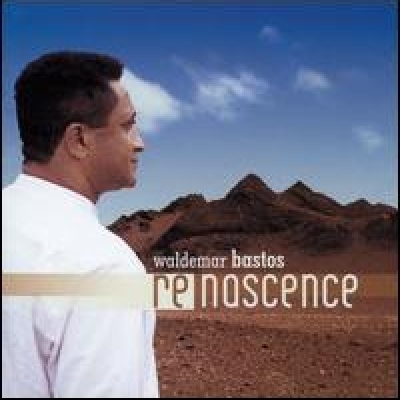
Renascence
by William RuhlmannAngolan expatriate Waldemar Bastos offers his thanks "To all the people around the world who were concerned about me and my absence" in the acknowledgements to Renascence, his first album in many years. It's a characteristic statement that is simultaneously positive and suggestive of troubles unstated, and much the same thing can be said of the songs on the album, in which he celebrates love and the pleasures of a homeland that has not been his home for many years. "É alegria de quem ama o lar" ("It's a joy to him who loves his home"), he sings in "Dongo," "É alegria de quem quer voltar" ("It's a joy to him who wants to return"). The triumph of the album is that Bastos is able to overcome the implicit sadness inevitably contained in his affection for what he has lost. "As coisas mais lindas do mundo con tempo vão" ("The loveliest things in the world pass away over time"), he acknowledges in the opening lyrics of the leadoff track, "Outro Tempo Novo" (Another New Time), "lembranças tão belas amargas se tornarão" ("so sweet memories turn bitter"). But the loss only leads to renewal: "E outro tempo novo vem novomente" ("And another time arises"). Bastos sings these sentiments feelingly over propulsive rhythm tracks dominated by the kind of African guitar sounds that will be familiar to fans of mbaqanga or anyone who's heard Paul Simon's Graceland. He seeks not only to sing away his troubles, but also to dance them away, and if those troubles cannot be forgotten, nevertheless, they are ameliorated by the pleasures of his music.
